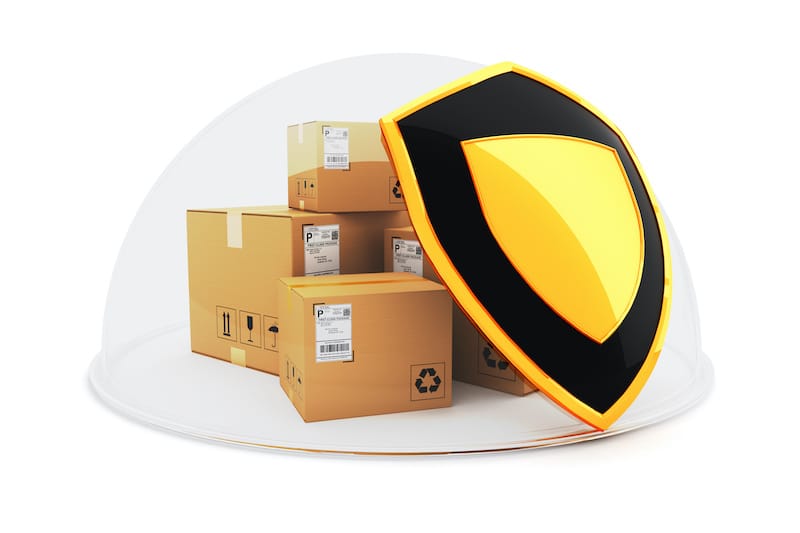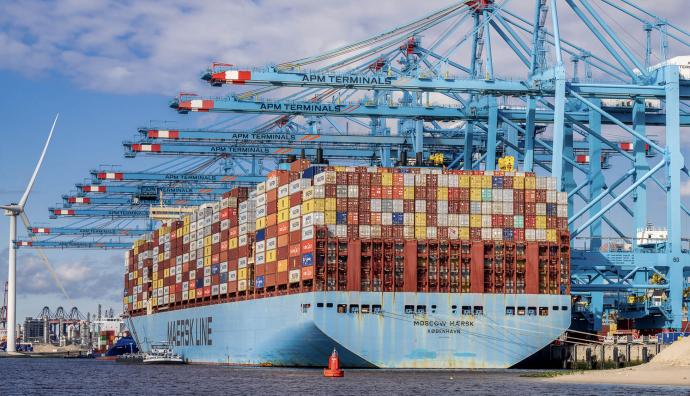Many importers wonder: is shipping from China expensive? The answer depends on cargo type, shipping method, distance, and customs rules. Costs can feel high for beginners, yet with proper planning, businesses save significantly. This guide explains methods, rates, and real examples to help you make informed choices.
What Factors Influence Shipping Costs from China?
Shipping costs depend on distance, fuel, handling fees, and trade agreements. Although ocean freight remains cheapest, urgent deliveries drive up air freight rates. Additionally, seasonal peaks like Christmas or Chinese New Year raise demand and pricing.
| Factor | Impact on Costs | Example Case |
|---|---|---|
| Distance & Route | Longer routes cost more | Shanghai → Toronto vs Shanghai → Vancouver |
| Mode of Transport | Air faster but costlier than sea | Air freight $6/kg vs sea freight $2,800/20GP |
| Seasonality | Peak demand increases rates | Pre-holiday surcharges |
| Cargo Type & Size | Heavy, oversized, or hazardous goods cost more | Machinery vs textiles |
| Customs & Duties | Taxes vary by HS code | Electronics taxed higher than apparel |
How Much Does Sea Freight from China Cost?
Sea freight is the backbone of global trade, and shipping from China to North America and Europe follows stable pricing structures.
| Container Size | Average Cost China → USA | Average Cost China → Canada | Average Cost China → Europe |
|---|---|---|---|
| 20GP | $2,500–$3,000 | $2,600–$3,200 | $2,800–$3,300 |
| 40GP | $5,000–$5,600 | $5,200–$5,800 | $5,400–$6,000 |
| 40HQ | $5,400–$6,000 | $5,600–$6,200 | $5,800–$6,400 |
📌Sea freight is cost-effective for bulk goods, but transit times extend up to 30–40 days depending on port congestion.
Is Air Freight from China Really Expensive?
Air freight is often perceived as costly, yet for small high-value goods it may save money by preventing stockouts.
| Weight Range | Average Cost China → USA | Average Cost China → Europe | Transit Time |
|---|---|---|---|
| 100–300kg | $5.5–$6.5/kg | $5.8–$6.8/kg | 5–8 days |
| 300–500kg | $5.0–$6.0/kg | $5.2–$6.2/kg | 6–9 days |
| 500kg+ | Negotiated rates | Negotiated rates | 7–10 days |
📌Although rates per kilo are high, the speed and reliability justify costs for urgent cargo.
Can Rail Freight Reduce Costs from China?
Rail freight via China–Europe corridors offers an alternative balance.
| Route | Transit Time | Average Cost | Cargo Type Suitable |
|---|---|---|---|
| Xi’an → Hamburg | 18–20 days | $3,200–$3,600/20GP | Textiles, machinery |
| Chongqing → Warsaw | 20–22 days | $3,500–$3,800/20GP | Automotive parts |
| Zhengzhou → Moscow | 15–18 days | $2,800–$3,200/20GP | Consumer goods |
Note:Rail is eco-friendly, faster than sea, and cheaper than air.
What Transit Times Should Importers Expect?
| Method | China → USA West Coast | China → USA East Coast | China → Canada | China → Europe |
|---|---|---|---|---|
| Sea Freight | 18–22 days | 28–32 days | 25–35 days | 28–35 days |
| Air Freight | 5–8 days | 6–9 days | 5–8 days | 6–9 days |
| Rail Freight | — | — | — | 18–22 days |
| Courier | 5–10 days | 6–12 days | 6–9 days | 6–10 days |
What Customs Documents Are Required?
Importers must prepare paperwork accurately to avoid delays.
- Commercial Invoice
- Packing List
- Bill of Lading / Air Waybill
- Certificate of Origin
- HS Codes & Import Declaration
- Insurance Certificate
- Import licenses for controlled goods
Failure to provide these documents can add storage costs and delays.
Real Case Studies of Shipping Costs from China
Case 1 – Furniture via Sea Freight
- Route: Shanghai → Los Angeles
- Cargo: 1x40HQ furniture
- Cost: $5,500
- Transit Time: 29 days
- Mode: FCL Sea Freight
- Result: Cheapest per unit, longer storage required
Case 2 – Electronics via Air Freight
- Route: Shenzhen → Toronto
- Cargo: 500kg laptops
- Cost: $3,200
- Transit Time: 7 days
- Mode: Air Freight
- Result: High cost, ensured timely retail launch

Should Businesses Choose FCL or LCL?
| Criteria | FCL (Full Container Load) | LCL (Less than Container Load) |
|---|---|---|
| Cost | Lower per unit | Higher per unit |
| Cargo Size | Best for full shipments | Flexible for small volumes |
| Speed | Direct, faster | Slower, consolidation needed |
| Risk | Lower damage risk | Mixed cargo increases risk |
What Are the Pros and Cons of Each Method?
| Method | Pros | Cons |
|---|---|---|
| Sea Freight | Cheapest for bulk, high capacity | Slow, port congestion risks |
| Air Freight | Fast, reliable, secure | Expensive, limited cargo size |
| Rail Freight | Balanced speed and cost, eco-friendly | Limited routes, multimodal |
| Courier | Door-to-door, simple customs | High cost for heavy cargo |
How Do Incoterms Affect Shipping Costs?
Incoterms define responsibilities:
- FOB (Free on Board): Buyer pays freight, seller covers origin charges
- CIF (Cost, Insurance, Freight): Seller pays freight and insurance
- DDP (Delivered Duty Paid): Seller pays all costs to buyer’s door
Choosing the right Incoterm prevents disputes and unexpected charges.
Is Shipping from China Expensive for Small Businesses?
Small businesses face challenges with high unit costs. However, they can:
- Consolidate shipments
- Use LCL instead of air
- Book outside peak seasons
- Partner with forwarders for volume discounts
These strategies lower expenses by 15–25% annually.
Conclusion
To conclude, is shipping from China expensive depends on method, cargo type, and timing. Sea freight remains cheapest for bulk goods, while air ensures speed but at higher costs. Rail offers balance between cost and delivery schedule. Moreover, customs, duties, and Incoterms significantly influence total expenses. By consolidating shipments, booking smartly, and partnering with freight forwarders, businesses reduce risks and costs. Efficient planning ensures shipping from China remains profitable and sustainable in a competitive supply chain.
- Consult TJ China Freight Forwarding for the lowest quote. They will provide you with reliable, cost-effective service.
FAQs
Q1.How can I reduce sea freight costs from China?
Use FCL shipping, consolidate cargo, and plan off-season schedules to minimize sea freight costs from China to global destinations.
Q2.Are Incoterms important when calculating shipping from China?
Yes, Incoterms define buyer and seller responsibilities, affecting total shipping costs from China, including insurance, freight, and customs clearance.
Q3.What is the average air freight rate from China to Europe?
Air freight rates from China to Europe usually range $5–$7 per kilogram, depending on carrier, season, and cargo characteristics.
Q4.Can small e-commerce sellers benefit from courier shipping from China?
Courier services from China offer fast door-to-door delivery, simplified customs, and tracking, making them suitable for e-commerce shipments worldwide.
Q5. How long does it take for rail freight from China to Europe?
Rail freight from China to Europe usually takes 18–22 days, offering a cost-effective alternative between sea freight and air freight.





